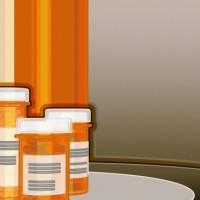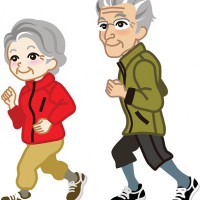Drug Safety

For instance, did you know that what you eat and drink can affect the way your medicines work?
Typically, the phrase “food-drug interaction” means a change in how a medication works caused by food, caffeine, or alcohol. A food-drug interaction can:
- Prevent a medicine from working the way it should
- Cause a side effect from a medicine to get worse or better
- Cause a new side effect
A medicine can also change the way your body uses food. Any of these changes can be harmful, which is why some diet restrictions are set by your physician.
Remember: according to the FDA,
- It matters if your stomach is full or empty when you take a medicine. Some medicines can work faster, slower, better, or worse when you take them on a full or empty stomach.
- ACE Inhibitors are used to lower blood pressure or treat heart failure. BUT they can increase the amount of potassium in your body and too much potassium can be harmful and cause an irregular heartbeat or heart palpitations. If you are on an ACE Inhibitor you should avoid eating large amounts of foods high in potassium (bananas, oranges, leafy greens) because they increase your body’s potassium levels.
- Anticoagulants (“blood thinners”) are used to lower the chance of blood clots forming or growing larger. BUT Vitamin K can make the medicine less effective. Cranberry juice or cranberry products can change the effect of some anticoagulants.



